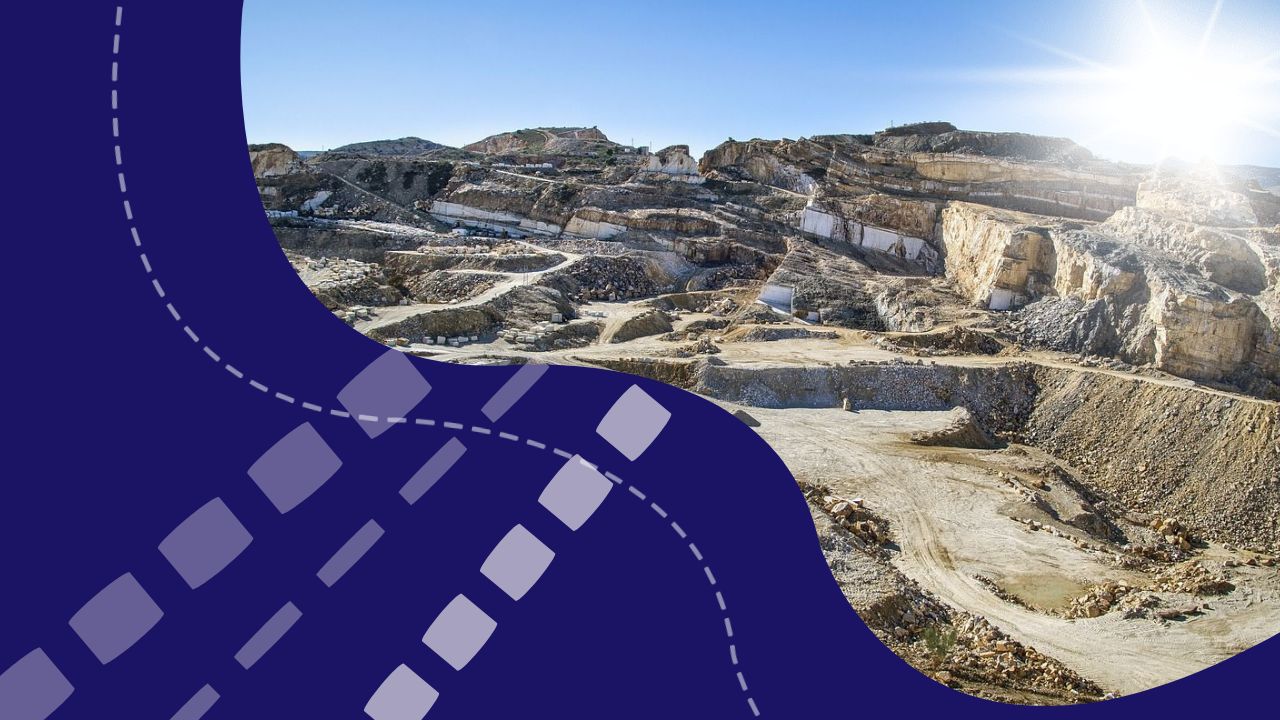Baffinland Iron Mines Corp., the largest private-sector employer in the territory, has joined forces with German steelmaker ROGESA Roheisengesellschaft Saar mbH to explore the development and production of low-carbon “green” steel using iron ore extracted in Nunavut.
The collaboration, formalized through a memorandum of understanding, aims to further investigate the utilization of iron ore sourced from the Mary River Mine, situated on northern Baffin Island, in the steelmaking process, as announced by both companies in a recent news release.
According to Peter Akman, spokesperson for Baffinland, the ore extracted at the Mary River Mine ranks among the “highest-grade direct shipping iron ore in the world.”
The partnership aligns with ROGESA’s emissions-reduction initiatives, which necessitate high-quality iron ore, a requirement that Baffinland can fulfill.
Carbon plays a crucial role in steel production, enhancing its strength and durability. “Green” steel typically refers to steel manufactured with reduced carbon emissions, aiming to mitigate the environmental impact of steel production.
Steel manufacturing is a significant contributor to global carbon emissions, amounting to eight percent of the total, as reported by the World Economic Forum in 2022.
According to Akman, the production of low-carbon or green steel is pivotal in the global transition toward reducing the environmental footprint of the steel industry.
Baffinland’s involvement in low-carbon steel production will primarily focus on its on-site mining operations and shipping processes. Notably, the iron ore extracted at the Mary River Mine undergoes crushing and screening on-site before being directly shipped to markets, eliminating the need for concentration or processing and, consequently, minimizing tailings production.
Regarding potential job creation at the Mary River Mine resulting from the agreement with ROGESA, Akman stated that as the company gains insights into the process, it may lead to new production developments and, subsequently, employment opportunities.
This collaboration marks Baffinland’s third initiative to explore the utilization of Nunavut iron ore in low-carbon steel production, following similar memorandums of understanding signed last year with German steel production companies Salzgitter Group and ThyssenKrupp Steel.

